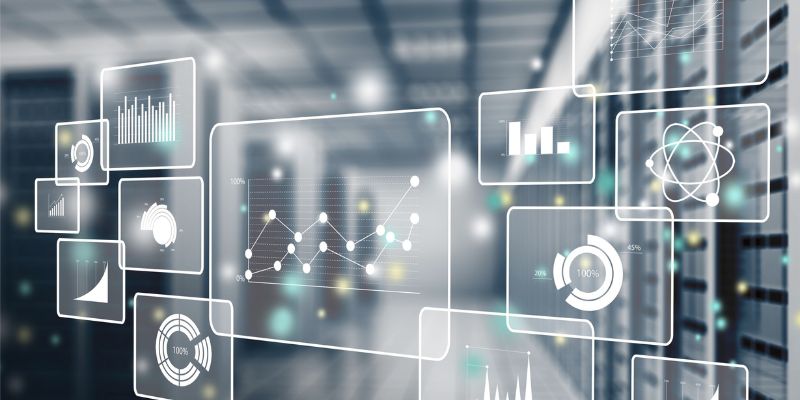I. Introduction
Data democratization represents a paradigm shift in the accessibility and comprehension of data, transcending the exclusive domain of data scientists. It embodies the democratization of knowledge, allowing a broader audience to engage with and interpret data, fostering a culture of data-driven decision-making. The importance of this movement lies in its potential to empower individuals across various roles, enabling them to derive insights and contribute to organizational success.
II. The Case for Data Democratization
Breaking down traditional barriers to data access and analysis is at the core of the data democratization movement. By broadening the audience that engages with data, organizations can tap into a wealth of diverse perspectives and insights. The concept of citizen data analysts emerges, emphasizing the empowerment of non-technical users to participate actively in the analysis process. This not only promotes inclusivity but also accelerates the pace of decision-making across the entire organization.
III. Tools for Data Democratization
- Self-Service BI Platforms:
Self-service BI platforms, such as Power BI and Tableau, empower users to create reports and visualizations without relying on specialized technical skills. These tools streamline the data analysis process, making it more accessible to a wider audience. - Data Visualization Tools:
User-friendly data visualization tools, like Chartio and Google Data Studio, play a pivotal role in making complex data more understandable. Intuitive interfaces and drag-and-drop features enable users to create compelling visualizations without a steep learning curve. - Natural Language Processing (NLP):
NLP tools, such as Qlik Sense and ThoughtSpot, allow users to interact with data using natural language queries. This approach bridges the gap between technical and non-technical users, making data analysis more intuitive and user-friendly.
IV. Techniques for Empowering Citizen Data Analysts
- Training and Education Programs:
Comprehensive training programs are essential to enhance data literacy among non-technical users. These initiatives provide the necessary skills and knowledge to navigate data effectively. - Collaborative Platforms:
Collaborative data platforms, including Microsoft Teams and Slack, facilitate knowledge-sharing and teamwork. Enabling users to collaborate in real-time enhances the collective understanding of data within the organization. - Data Governance and Security Measures:
Robust data governance frameworks are crucial to maintaining data accuracy, security, and compliance. Establishing clear guidelines ensures that democratized data remains reliable and trustworthy.
V. Success Stories: Organizations Embracing Data Democratization
- Airbnb:
Airbnb has embraced data democratization, allowing various teams, including marketing and customer support, to access and analyze data independently. This approach has led to more informed decision-making across the organization. - Tableau Public:
Tableau Public has played a transformative role in making data visualization accessible to a wide audience. The platform fosters a community of data enthusiasts who share and explore visualizations, contributing to a culture of open data sharing.
VI. Challenges and Considerations
- Ensuring Data Quality:
One of the challenges in data democratization is maintaining data quality and accuracy when a diverse audience interacts with data. Organizations must implement measures to ensure the reliability of democratized data. - Ethical Considerations:
Ethical considerations are paramount in a democratized data environment. Responsible use of data, safeguarding privacy, and adhering to ethical standards become crucial considerations in this inclusive approach.
VII. Future Trends in Data Democratization
- Augmented Analytics:
The integration of augmented analytics, leveraging machine learning algorithms to automate data insights, represents a future trend in data democratization. This approach streamlines the analysis process and provides more actionable insights. - Integration with AI and Machine Learning:
The convergence of data democratization with artificial intelligence and machine learning is a significant trend. These technologies enhance the accessibility and depth of data analysis, making it more powerful and impactful.
VIII. Conclusion: Advocating for Inclusive Data Access
In conclusion, data democratization is a transformative force that advocates for inclusive data access and analysis. Breaking down barriers, empowering citizen data analysts, and leveraging powerful tools and techniques contribute to a more informed and agile organization. Embracing this paradigm shift ensures that insights are not confined to a select few but are accessible to all, fostering a culture of collaborative decision-making and innovation.



